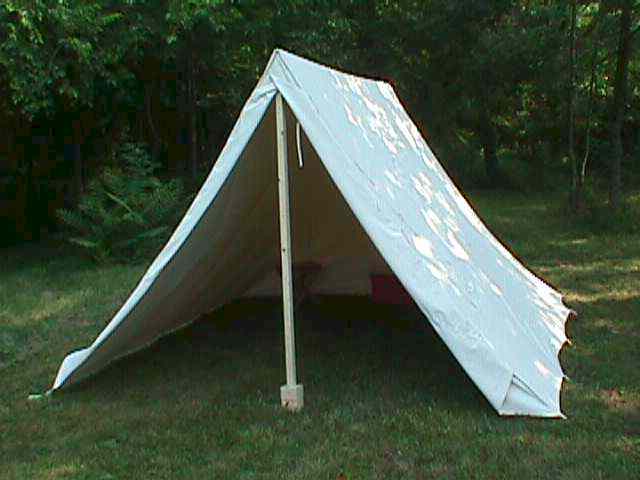The link is to Fraction Bars from Math Playground.
Fraction Bars

I am working with some learners right now that have no ability to compare fractions. With this tool I am watching in amazement as they are figuring out the roles of the numerator and denominator and easily seeing how each set of fractions are related to each other. From here I just need to offer a little formalized instruction on some syntax and procedures and the learners really understand fractions well.
A few hints on using the Fraction Bars. Having a prepared list of questions or challenges can be very effective in helping to guide student work. Even having a worksheet that asks students to compare a number of fractions or put them in order can be helpful to use with this tool. Simply directing them to the site and saying "try it out" will not accomplish much as there is little the student is given to do at the site. It is like a calculator, without some reason to use it, you are just pushing pretty buttons and watching the flashing lights. If you have some good fraction exploration questions please share in the comments so we can all work together to flesh out some great learning activities.


